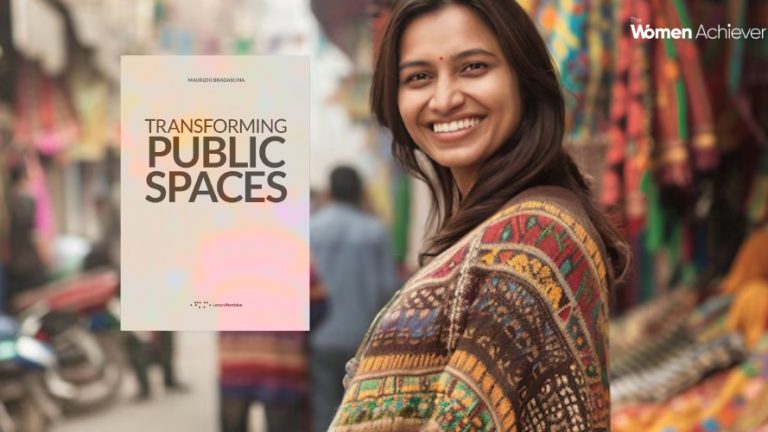Here’s about Renovate Public Spaces: Chennai Launches Manual to Make City Safer for Women
Chennai, for the first time, has raised the stakes by releasing a first-of-its-kind handbook to enhance public areas concerning safety and accessibility for women. The detail-oriented guidebook “Inclusive Urban Spaces: A Gender-Sensitive Planning Framework” is a part of the larger drive adopted by the city, which plans for a new idea of safety, accessibility, and inclusion in an urban setting.
A Step Towards Gender-Sensitive Cities
Chennai’s latest move recognizes a crucial reality: women experience cities differently. From dimly lit streets to poorly maintained public toilets, the lack of gender-responsive design in urban infrastructure often restricts women’s freedom of movement. The new manual is a comprehensive guide for city planners, architects, and civic authorities to address these challenges.
What the Manual Proposes
The manual offers actionable guidelines covering various aspects of urban design:
Increased Lighting: Illuminate roads, parks, bus stops, and subway stations to lower levels of harassment.
Safe Transport Terminals: Design and construct well-guarded waiting spaces and first- and last-mile terminals.
Accessible Sanitation Toilets: Provide clean, accessible women’s toilets in public space within neighbourhoods.
Gender-Sensitive Data Collection: Make use of disaggregated data in order to effectively capture perceptions of safety.
Community Participation: Participatory planning that makes the voice of women heard in decision-making.
Intersectoral Collaboration
While preparing the guide, the city has sought the inputs of gender experts, urban planners, civil society organizations, and the Greater Chennai Corporation. Enacting women’s lived experiences in infrastructure design will enable the city to transition from policing to preventive urban planning.
Conclusion: It is a fearless effort to empower women to reclaim public space with confidence. Safer space does not mean less crime—it means more women walking, cycling, socializing, and working in security. Pioneer in Chennai, other Indian cities may be inspired to transform urban planning on a gendered note.






Add comment